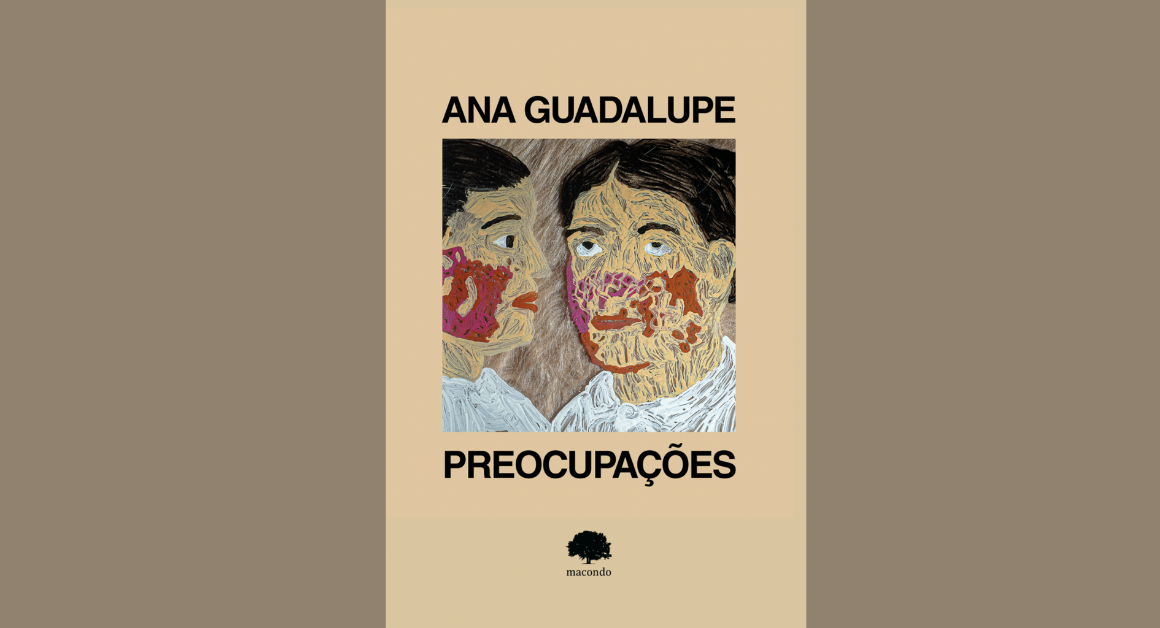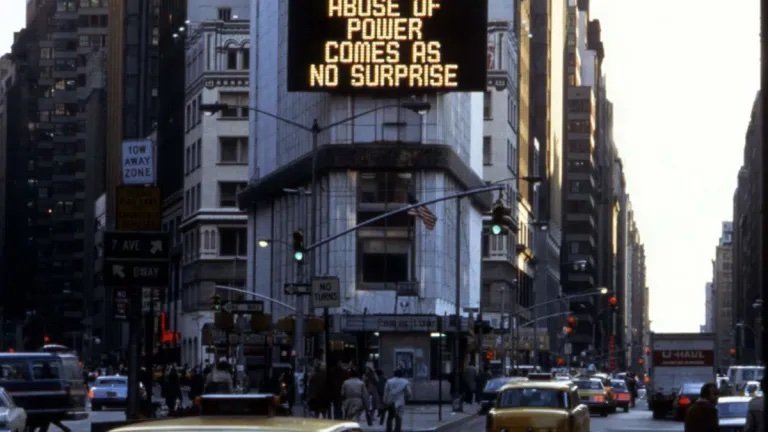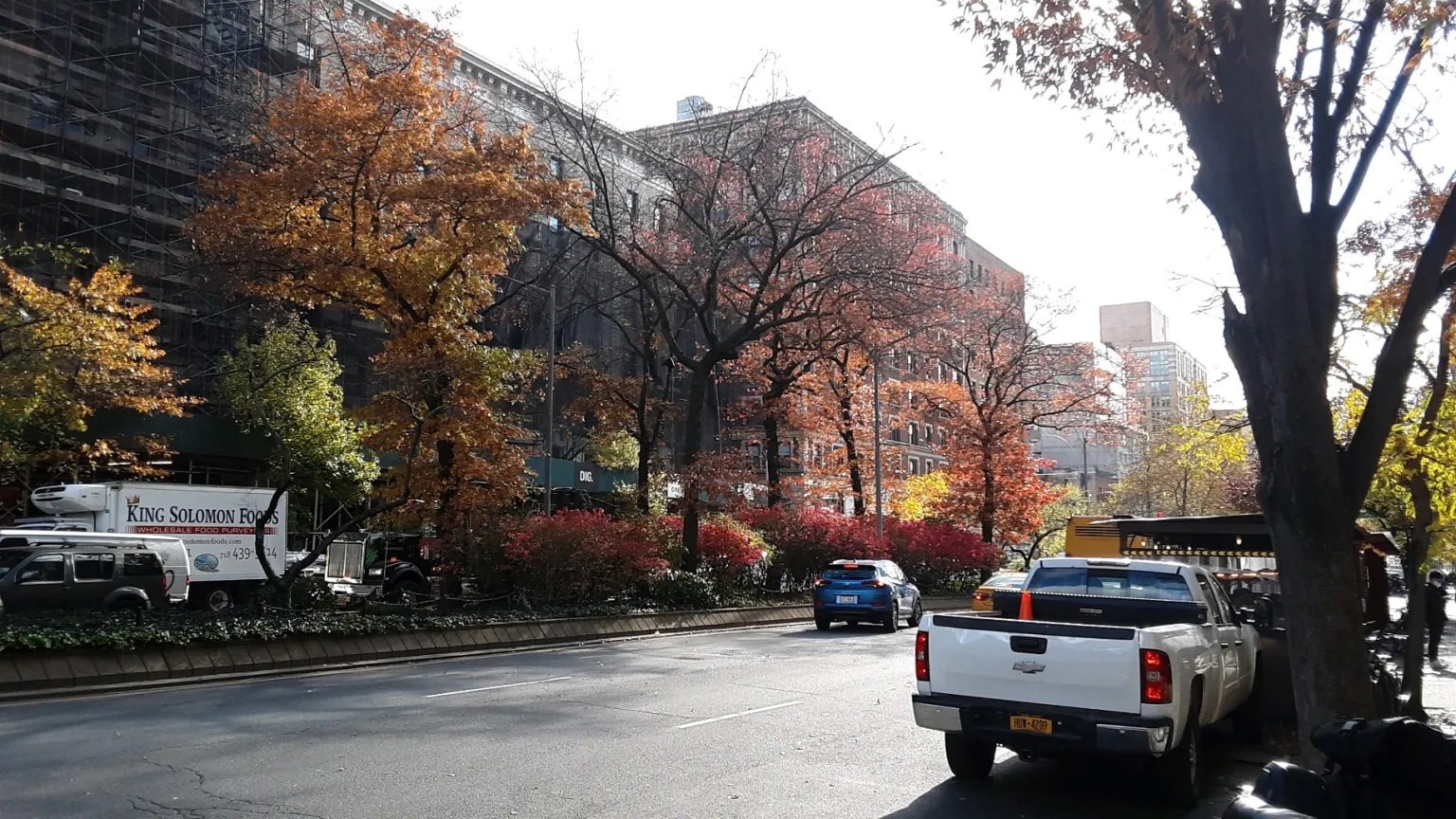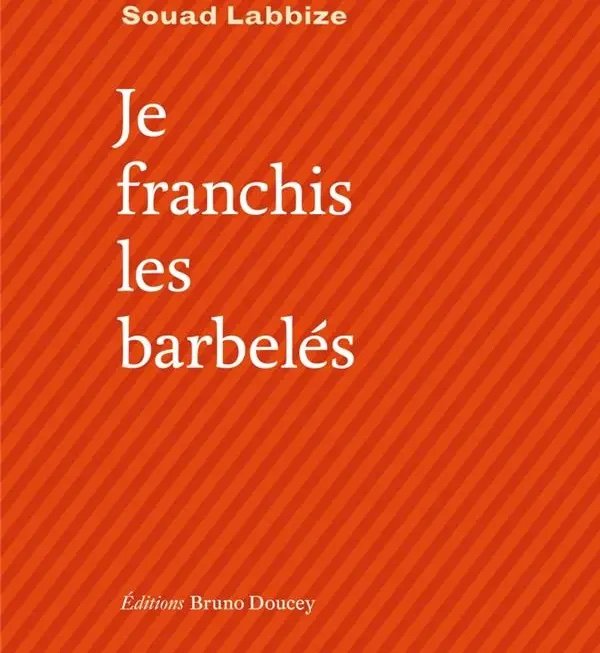60 for 60: Recent Black Literature—The Political Dimensions
I recently got around to re-reading Robin Coste Lewis’s genius “Voyage of the Sable Venus.” As a poet interested in erasures and cut-ups, and as a queer Venezuelan immigrant deeply concerned with and invested in the liberation of every marginalized community, I was deeply moved by her project. To use the very language of oppressive art institutions, pamphlets, and works to weave the narrative of Black liberation and conceive of a future for the Black community that was forcibly taken to this country is something I held onto as I looked through Columbia Journal‘s archives, another institution that has regrettably done little in the way of publishing Black voices. I’m honored to work here at a pivotal moment, when the largest strike in the country is taking place on my campus and when the current editorial team at the Journal is making a conscious effort to elevate Black voices.
60 for 60: A Poetic State
I cut onions and squeeze lemons: I behold the spectacle of the world.“A Poetic State” by Czesław Miłosz, translated from Polish to English by the author and Robert Hass, is a wonder to behold. It was published in the eighth issue of Columbia Journal in 1983.
60 for 60: Irish Women Explorers of the Nineteenth Century
Irish poet Eavan Boland passed away on April 27, 2020. She will be remembered for her finely wrought lyric meditations on womanhood, domesticity, and Ireland’s colonial history.
2021 Columbia Journal Winter Contest – Deadline Extended to December 31, 2021
The Columbia Journal is delighted to announce that the 2021 Winter Contest is now officially open for submissions in art, fiction, nonfiction, poetry, and translation. Our judges this year are Arthur Lewis (art), Danielle Evans (fiction), Pamela Sneed (nonfiction), Harmony Holiday (poetry), and Wangui Wa Goro (translation).
“eyes” and “houses” by Ana Guadalupe, Translated from the Portuguese by Ananda Lima
eyes
as a future blind person
I prefer to engage
with those who also have
blindness ahead of them
Review: White on White
Ayşegül Savaş’s novel White on White, published December 7th of this week, functions like a Russian doll. Throughout the story, an unnamed narrator cracks open one doll after the next for us, revealing evermore intricate renderings of her subject of observation, until we get to some—possibly crystallized—core.
60 for 60: A Sense of Things
In Tiphanie Yanique’s story, “A Sense of Things,” which appeared in Columbia Journal in 2013, love is always already lost. Set in 1950, the story alternatingly inhabits the consciousnesses of Jacob and Anette, two lovers from the island of St. Thomas who are temporarily apart. Jacob is abroad in the US studying to be a pediatrician. Unlike Penelope, that other lonely and loving island dweller of literature, Anette quietly abandons Jacob for Franky, a firefighter with whom she is not in love, but who at least is in the same country. Anette and Franky appear in a movie together; Jacob sees the poster and books a flight home. Thus, the catalyst of this love-triangle story is a reproduced screen-image, an object in circulation: a stand-in for the way partnership itself is circulated among Yanique’s characters.—
American Water
This story opens with a film still: New York (January 2002). I am born a myth, a genesis of rain. My mother shivers on a hospital bed by candlelight, thunder through the open window limning her body into a song. Beside her, my father clasps her hand, prays for the mercy of a clean exit. I arrive small and skin-hungry. Mouth gorgeously red, arced into a sickle moon. The two of them hold me to their chests. Listen. I hear the lonely nocturne of their hearts, waltzing in Mandarin. This country opens its toothless mouth, spits out a bullet, a bloody hallelujah.
60 for 60: HISTORY KEEPS ME AWAKE SOME NIGHTS
In one of my favorite memoirs, Close to the Knives: A Memoir of Disintegration, David Wojnarowicz writes, “To make the private into something public is an action that has terrific repercussions in the preinvented world.” For Wojnarowicz, the “preinvented world” is the regulatory structure we are all born into, one that demands conformity and that is inimical to the expression and desires of people who exist outside its self-justificatory narratives. As a gay man who lived and created at the height of the AIDS epidemic, a moment when the government’s disregard for historically marginalized people became painfully apparent, Wojnarowicz was acutely aware of art’s potential to publicize narratives that the preinvented world wished to remain private. By working in any medium that facilitated his expression—sculpture, painting, writing, spoken word, music, among others—Wojnarowicz transformed every tender creation into an act of resistance, proving that private experience can make terrific noise in a world that insists upon silence.
One Poem by Patrycja Humienik
The internet was my childhood refuge. It's where I practice still. Erase
my browsing history.
Excerpt, pp. 27–43, from Dust Collectors by Lucie Faulerová, Translated from Czech by Alex Zucker
I’m an operator on a private information line that’s past its sell-by date. I inform people. About everything. If there’s something you don’t know, don’t hesitate, just ring me up. I can tell you absolutely anything. As long as it’s in our database or on the internet. So if you want to save some money, just look it up yourself. I can tell you how many teeth a squirrel has, what time your bus is coming, the current exchange rate for the US dollar, which highways are congested right now, how much Justin Bieber weighs, the closest branch of your bank, the number for the post office, or what time it is in Arunachal Pradesh. I’m your instant, obligatory answer. All day long I do nothing but listen to what people want, what they’re looking for, what they need. The world poses questions, I answer. A job as essential as Anna’s existence, my narrator thinks. In the age of the internet and maximum access to information, I play the part of the know-it-all. The online savior of the illiterate. I can tell you anything, and if I don’t know, I will gladly put you through to somebody who does.
60 for 60: The Hernia
In “The Hernia,” published in Columbia Journal’s thirty-second issue, American poet Ross Gay ruminates about the warmth of spring as he awaits surgery for an abdominal hernia.
60 for 60: The Sexual Benefits of Upright Walking
From the Spring of 1997 comes Matthew Brogan’s poem “The Sexual Benefits of Upright Walking” about the body, its functions, and the very substance with which we proceed. Likening the body to a vessel and that vessel to its functions, Brogan’s piece from the twenty-eighth issue of Columbia Journal is about intention, the desire to understand, and the wherewithal to continue forward. Using language to denote the way we progressed throughout history, from tails to four legs to two legs to a straight spine, Brogan masterfully relays the journey we’ve begun and perhaps are still on.
On Striking, Solidarity, and Jumpsuits
I wear a lot of jumpsuits. They’re warm, chic, easy—a complete outfit when you’re too depressed to think too hard about what to wear. For those saying it’s an adult onesie, you’re right and you should say it. My best friend — an Indigenous trans poet, social work student, lifelong activist and the most fashion-forward person I know — has had several discussions with me about how a blue-collar worker’s garb was appropriated as street fashion. On my end, the fit is bold, well-cut, and practical. It’s only ever a problem when you have to use the bathroom.
Gloves
The light shifts evening blue through the blinds, striping Daddy’s figure. For once, the TV is off. The one-eyed cat I had thrown into the river is in his lap and he pets it softly. I go over to them and crouch, the cat’s lips curled back. His gums are anemic, pale pink. His bulging, blind eye is crusted around the edges, like it’s the only thing holding it in place.
60 for 60: Reflections on Myth
A true gem from the archive: acclaimed comic book creator and author, Neil Gaiman, writing on the power of myth in the thirty-first issue of Columbia Journal, from 1999, a few years before Gaiman published his masterful American Gods in 2001. It is so special to see the germination of ideas here that would later populate that novel—why we need myths, what myths can tell us about the people who create them, how a story shifts with each retelling.
Poetry Excerpts from Bindle of Exile by Souad Labbize
Don’t count on
my small balcony
in this humid weather
60 for 60: The Magician’s Assistant’s Dream
One of our Editors’ Fiction Award Winners in 1987 was none other than Ann Patchett, whose book of essays, These Precious Days, came out earlier this week. In our interview with Patchett about her new book, Patchett talks about how the unpredictable moments in life—for instance, a friend’s daughter’s desire for a typewriter and the opportune existence of Patchett’s husband’s spare one—are what often inspires her to write essays. It seems like this idea of surprise is key to how Patchett constructs her narratives and certainly in her short story “The Magician’s Assistant’s Dream” from our twelfth issue.
60 for 60: Agreement
Published in the thirty-fourth issue of Columbia Journal, “Agreement” by poet Kay Ryan is as deceptive as it is delicious. Ryan’s ease with sound and rhythm lulls the reader into first considering the poem as simple as a piece of candy. Form reflects content, heightening the impact of what is being said; the em dash dramatizes “sugar,” the unusual break on “the” in the fourth line demonstrates a structural melting, and “granular” evolving into “syrup” in the same line embodies the physical transformation. The ultimate line, set alone as it is, comes as a shock. While flat-toned and truthful, it functions as a wry accusation that opens multiple lines of inquiry. Does agreement seduce? Is agreement a concession, or could it be a moral choice? If “many prefer it,” what is implied about those who don’t? Given the time of the poem’s publishing in 2001, I can’t help but wonder if the political atmosphere following the 9/11 attacks influenced Ryan’s writing. Regardless, these eight distilled lines remain provocative.
One Poem by Gala Mukomolova
Why do immigrants love America
so much? Tennessee asks, who
took his name from his homeland.

















































